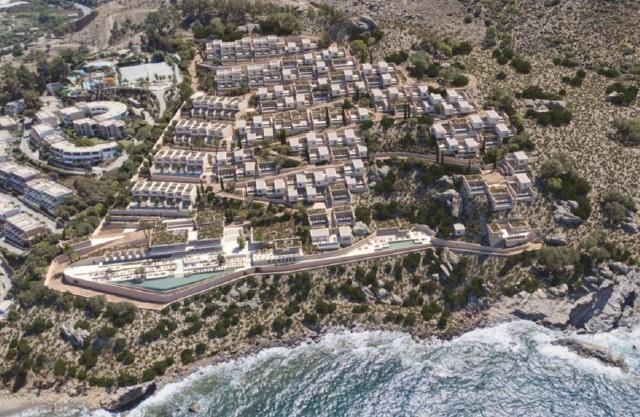The Minister of Environment and Energy, Costas Skrekas, the Deputy Minister of Finance, Theodoros Skylakakis, and the Minister of Interior, Makis Voridis, referred to the incentives for reducing energy consumption in the State and households.
Mr. Skrekas spoke of the creation of a digital system for monitoring energy consumption in the State. The goal is to reduce consumption by 10% immediately, while medium and long-term measures will be taken to reduce consumption by up to 30% by 2030.
The three axes
The Minister of Environment, Costas Skrekas, announced the systematization of the energy saving effort in three axes:
- A digital system for monitoring energy consumption in public facilities is being created.
- Immediate measures are promoted with the aim of reducing consumption by 10% in the next period and medium-term measures to reduce final annual public consumption by 30% by 2030.
- Incentives are introduced to public bodies to achieve specific energy saving goals.
The measures provide, inter alia, rational management of heating – cooling systems, energy savings in the field of lighting, but also in water supply and sewerage networks.
The Electra scheme
Additional interventions are being launched with a longer-term horizon for the energy upgrade of public buildings, through the 640 million euro “Electra” program with the aim of saving energy by 30% to 2.5 million sq.m. of public buildings that will be energy upgraded.
The bonuses
In terms of bonuses, the final decision on the amounts will be judged by how much energy citizens will be able to save. For those who do not meet the goals or neglect them, then, as Mr. Skylakakis said, they should save from elsewhere, since they will not be able to save energy.
Anyone who does not conduct maintenance on air conditioners, even if he meet his goals, will get less money as a bonus, since if he had cleaned the air conditioning, then he would have had more energy savings and therefore greater profit.
The goal is to achieve energy savings of 15% to 20%, said Secretary General for Energy, Alexandra Sdoukou.
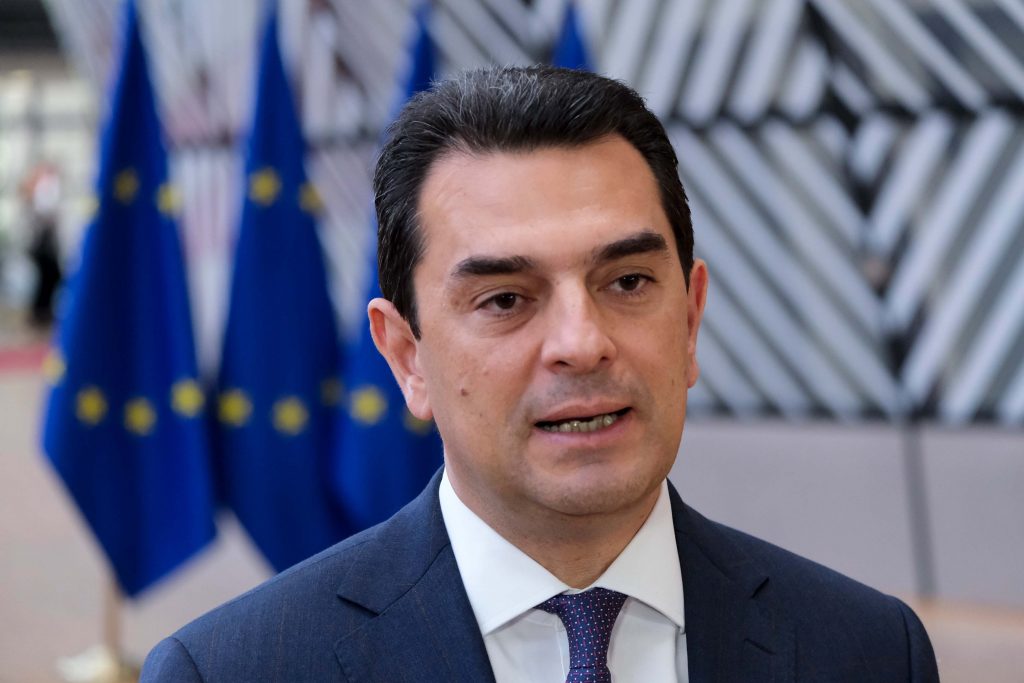






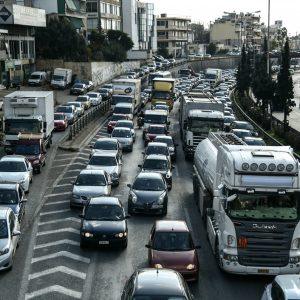
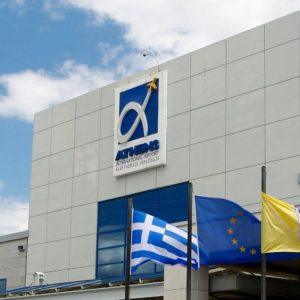


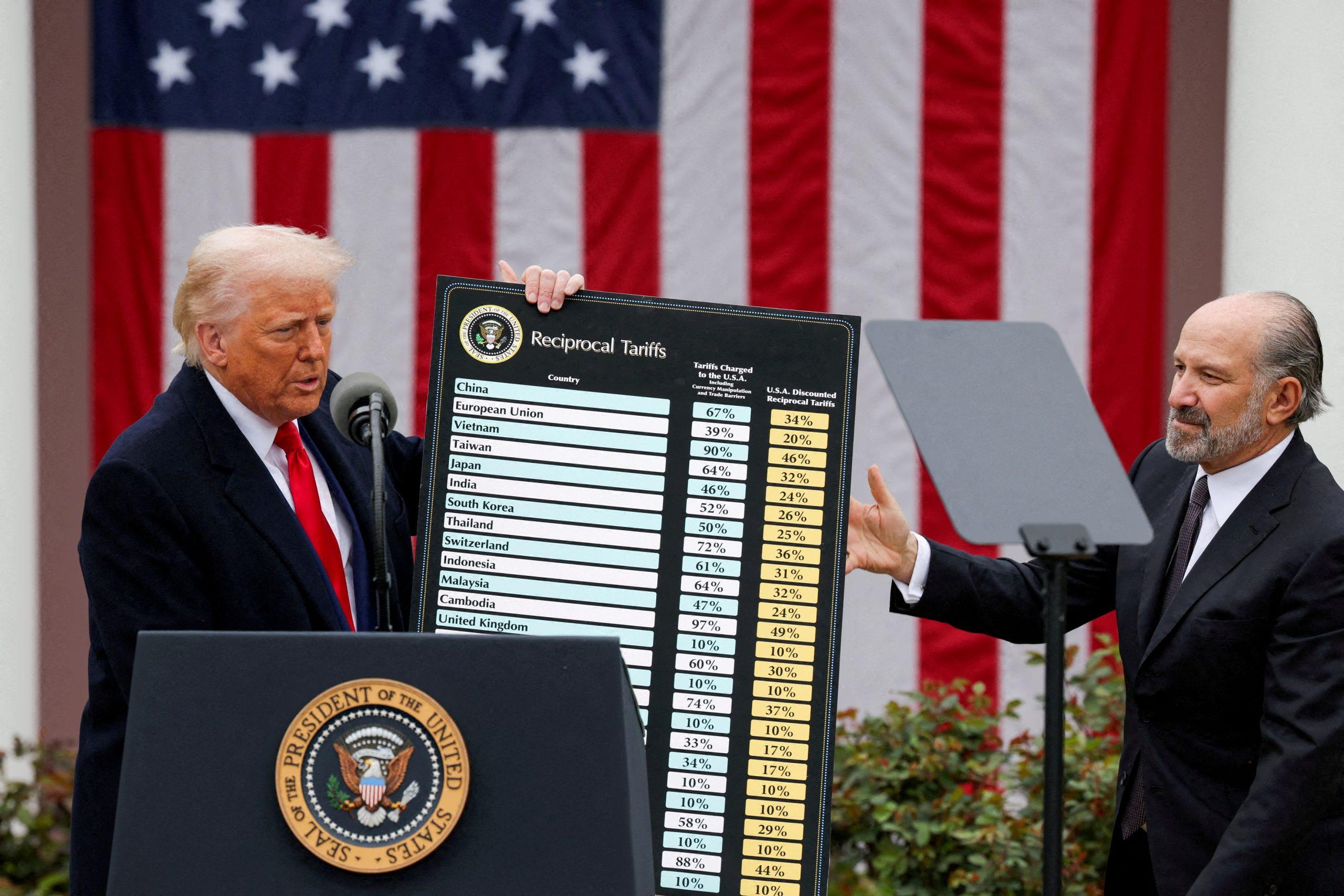







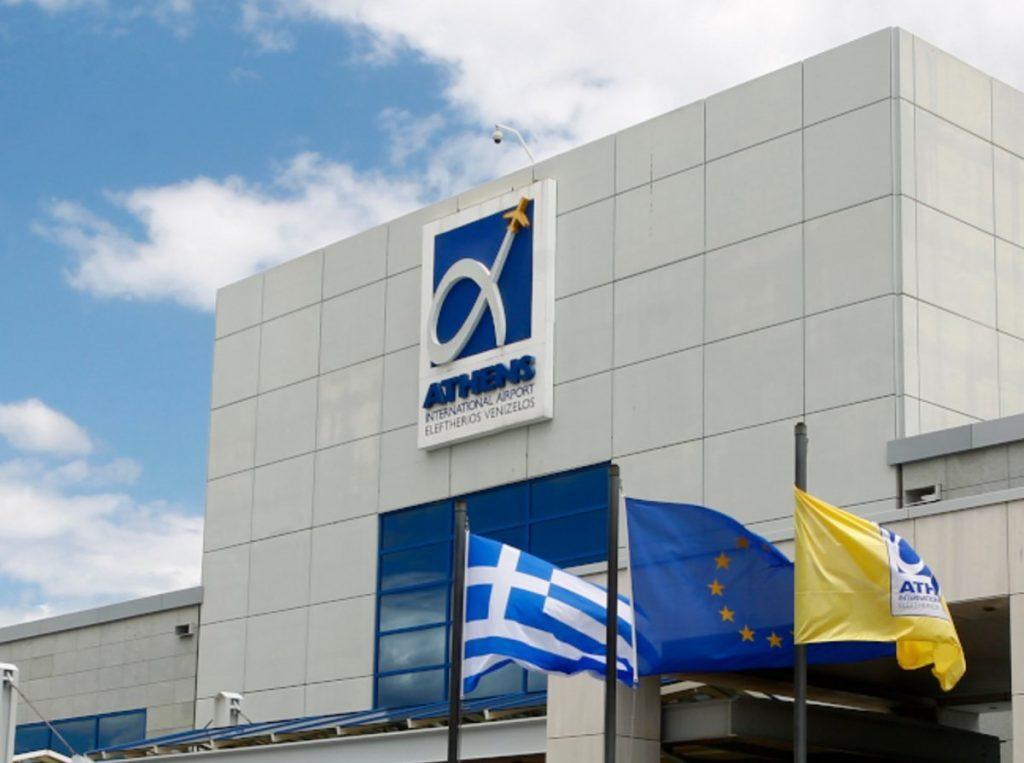








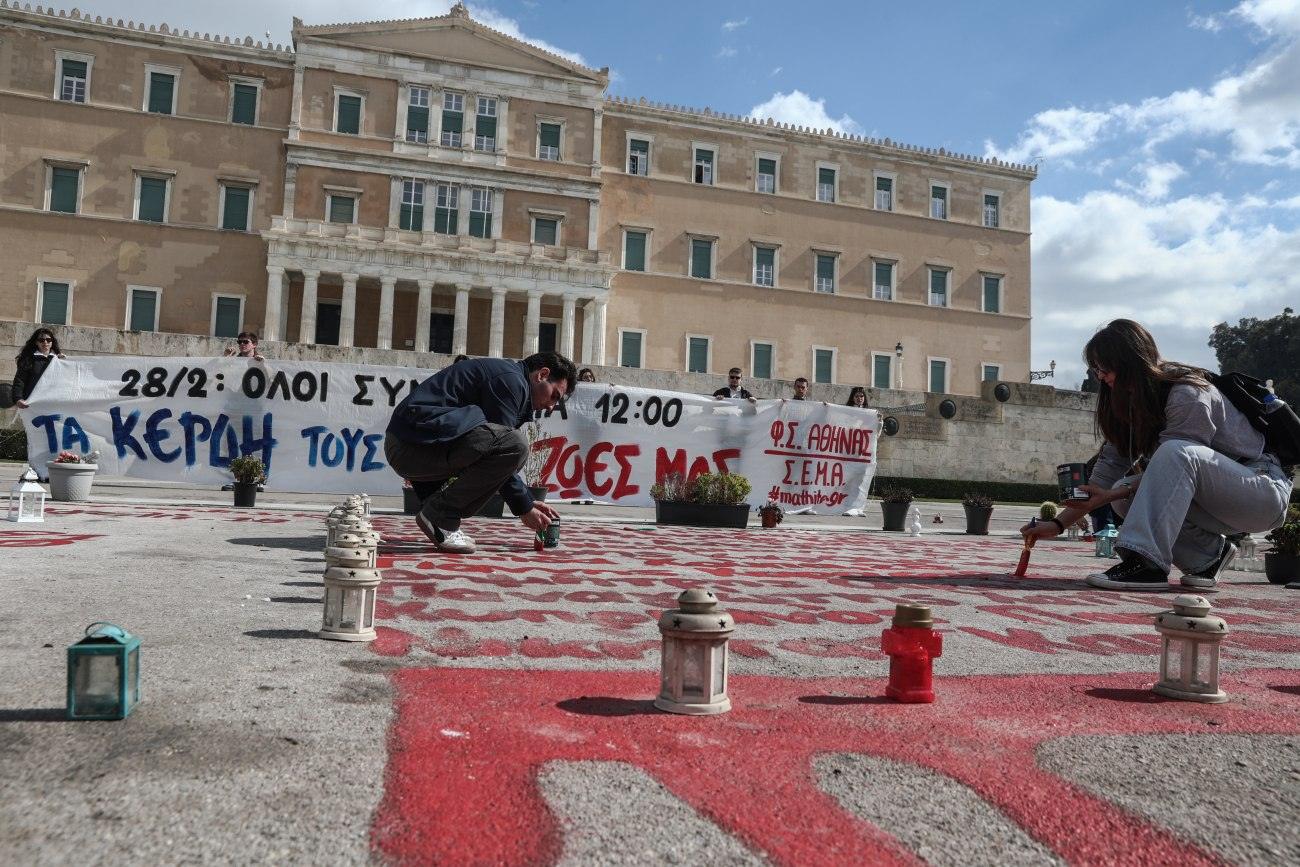

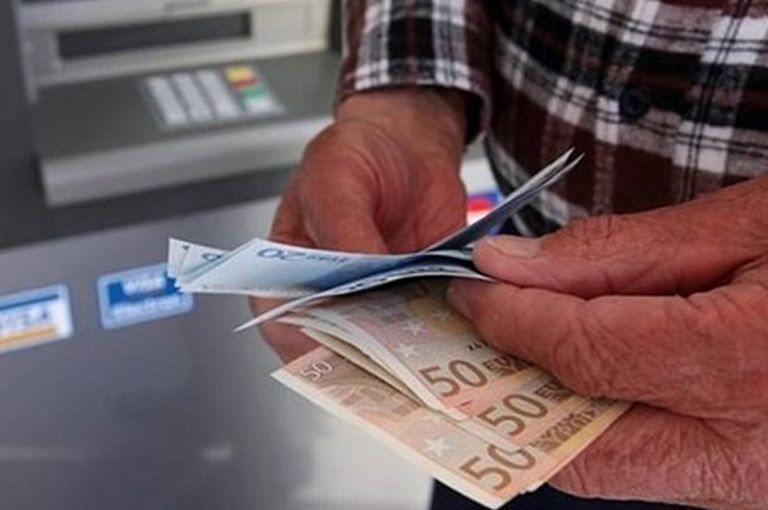
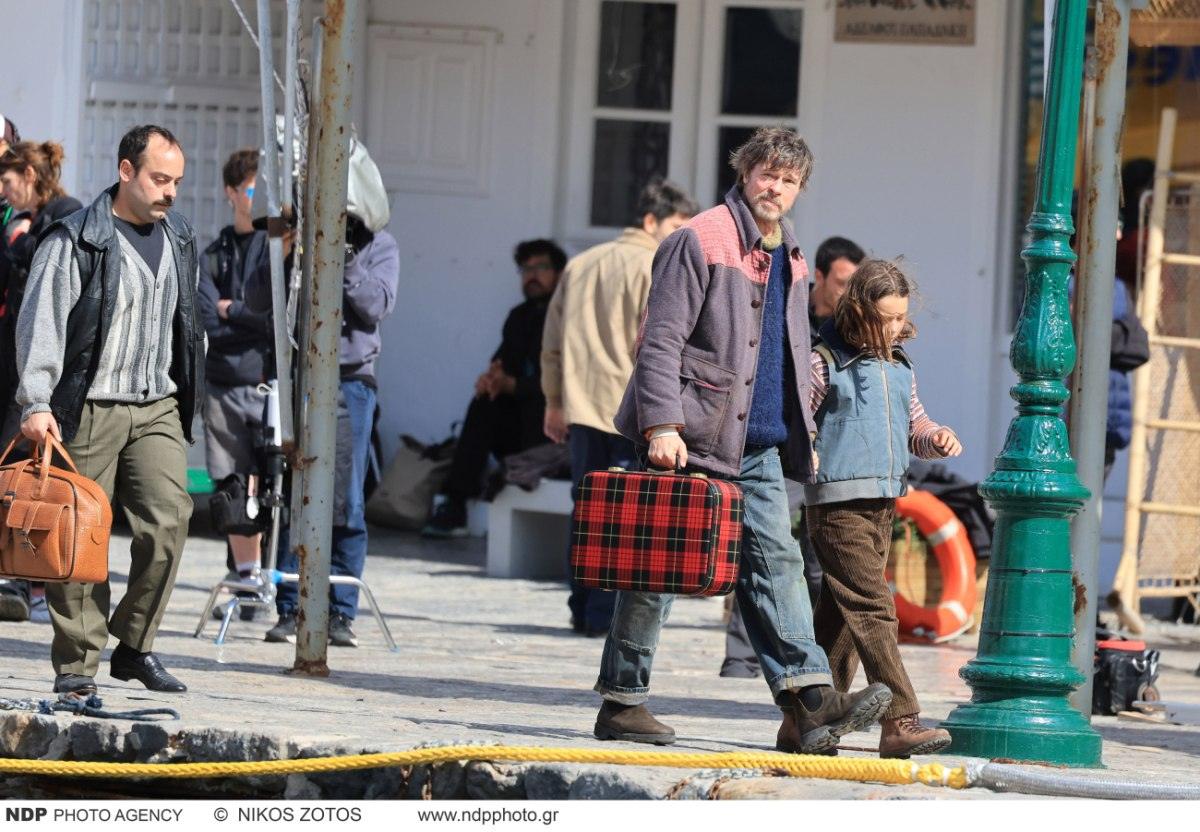
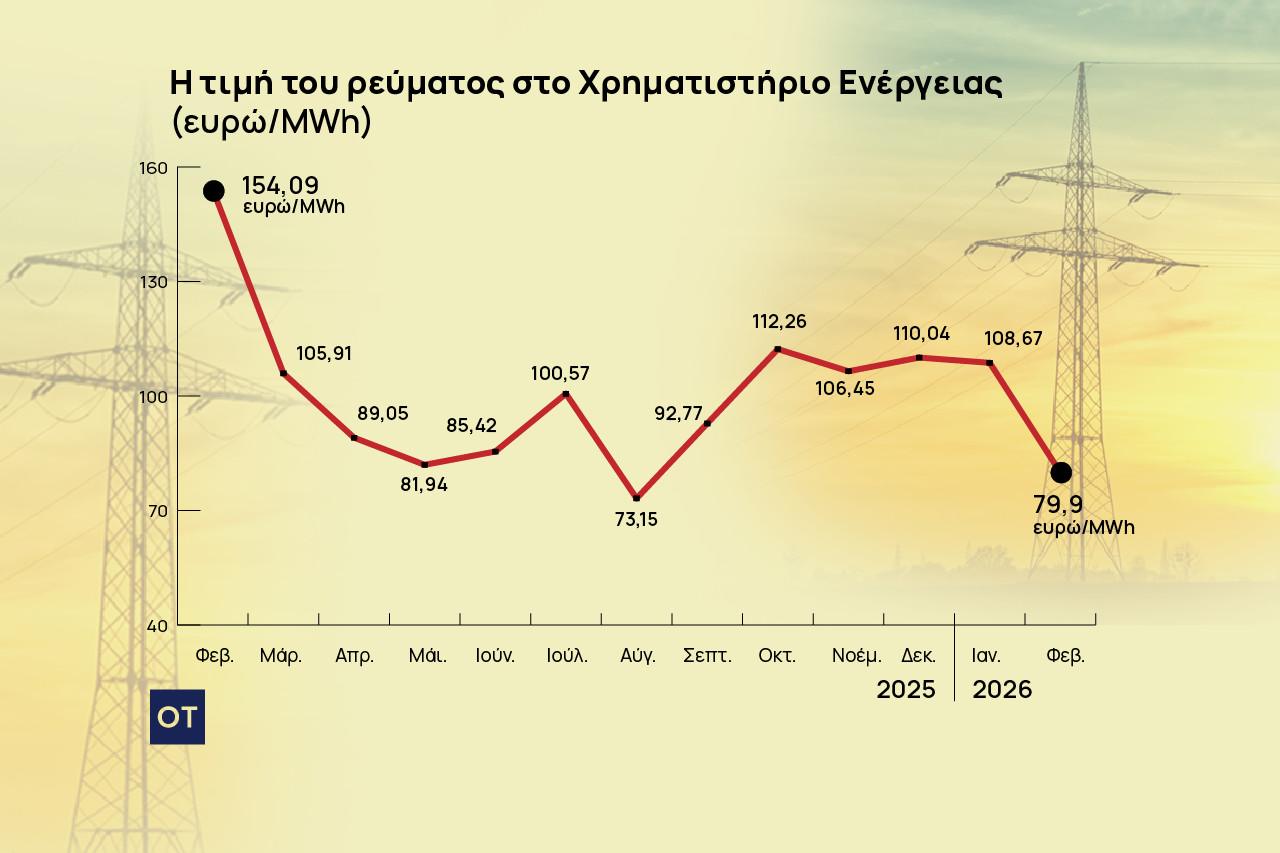
![Ακίνητα: Η έκπληξη της Θεσσαλονίκης στο real estate [πίνακες]](https://www.ot.gr/wp-content/uploads/2026/01/Thessaloniki-White-Tower-film-1024x576-1.jpg)
